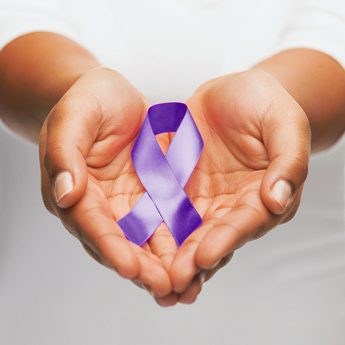Many parents of lesbian, gay, bisexual, transgender and questioning (LGBTQ) children are confused about how to show them support and worry about the challenges they may face.
TELL is frequently asked many questions by parents who have concerns when they learn their child is LGBTQ.
What should I do first?
As parents, you may be experiencing many emotions ranging from anger and sadness to relief and joy; this is normal. How you express these feelings to your child is important.
It took a lot of courage for your child to share with you who they truly are. Remember they are still the same child and need your love and support.
It might be helpful to know that you are not alone. Given that one in 10 people identify as LGBTQ, many parents are going through—or have gone through—the same experience.
Reaching out for support and developing a better understanding of what this news means for your child will be important.
Did I do something wrong?
No. You did not make your child gay or transgender because of a lack of love or any other such myth.
Individuals of all gender identities and sexual orientations are a normal part of global societies, regardless of religion, ethnicity, race and nationality. No one makes these choices; it is just who we are.
Should my child have therapy?
Sadly, because of discrimination and a lack of support, the LGBTQ population—in particular transgender children—have a greater risk of experiencing anxiety, depression and associated suicidal thoughts.
Recent studies have found that LGBTQ students are two to seven times more likely to attempt suicide than their peers. In these instances, therapy can be extremely helpful for the child and their family.
However homosexuality and gender variance are not illnesses that can be fixed or changed with therapy.
Will my child be at greater risk of violence?
The painful fact is that this may be the case.
A 2011 study, by the US non-profit organisation the Institute of Medicine, found that about 20–30% of lesbian, gay and bisexual individuals reported experiencing dating violence, while this figure was 50% for transgender individuals. Of this, verbal abuse, harassment or violence is common.
It is important for you to be a positive support in your child’s life and ensure that you provide a safe place for them to be who they are without fear of discrimination.
How can I best support my child?
Being there for your child in a non-judgmental loving way is essential. You may feel you are not able to provide the right support and know little about being LGBTQ.
As with all children—no matter what age—your love is the best support you can give. Research shows that parental acceptance and love has a strong impact on protecting an LGBTQ youth against negative mental health issues.
Learn as much as you can about what it means for your child and ask them what they need from you. Show interest in their sexuality and friends, and provide them with information on help lines, support organisations and social groups that exist for young people in this situation.
While caring for your child please remember your own emotional needs; you will also be going through a roller coaster of feelings.
Another way to show support for your child is to join TELL on 25 and 26 April, in the Tokyo Rainbow Pride Parade and Festival.
The aim of the event is to promote a society where LGBTQ and other sexual minorities can feel comfortable with who they are and lead fulfilling lives, free from discrimination and prejudice.
TELL Counseling: 03-4550-1146
TELL Lifeline: 03-5774-0992
www.stonewall.ajet.net is a network of support groups and information in Japan for the LGBTQ population.
www.pflagnyc.org is a national support group and information site for parents and allies of LGBTQ individuals.
www.genderspectrum.org offers resources, information and support for parents of transgender children.





